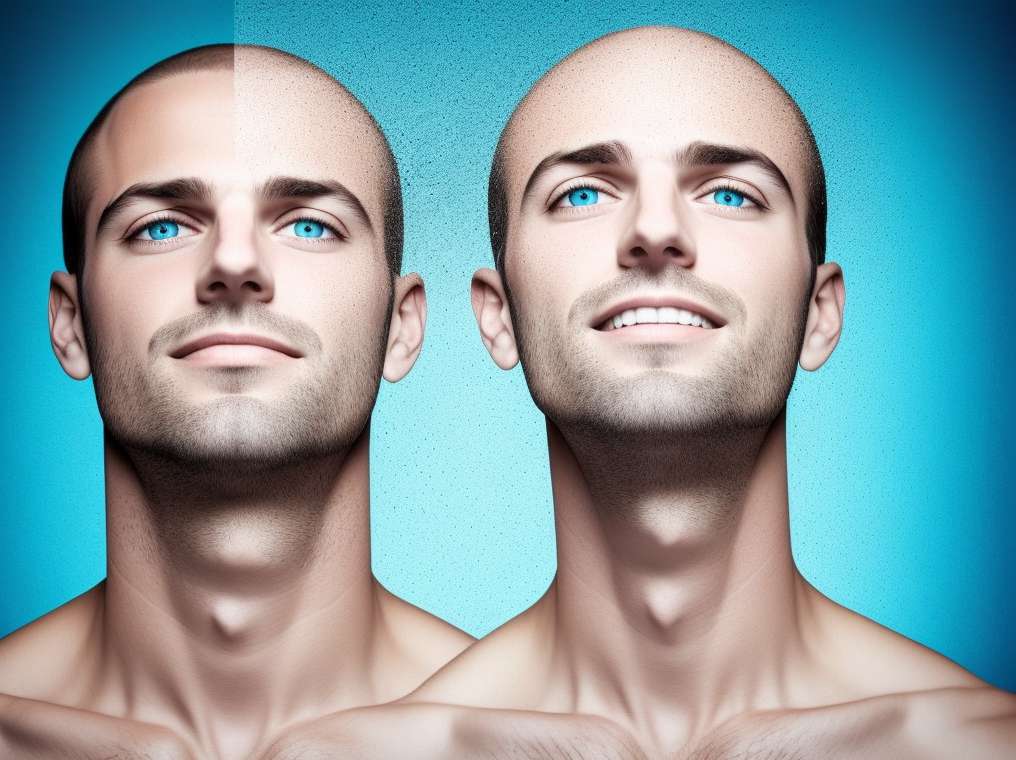Causes of indigestion
May 2024

Everyone talks about them. And it is that there is no process of the organism that is not regulated, to some extent by the hormones. An article in the Spanish newspaper THE COUNTRY He dedicated a large space to the topic of hormones and their influence on our physical and mental state, as well as on the rhythm of each stage of our life.
According to Dr. Francisco Tinahones, head of the endocrinology and nutrition service of the Clinical Hospital of Malaga (Spain), "Under the concept of hormones several substances are integrated segregated in one place of the body by glands such as the pancreas, thyroid and pituitary, but whose action will take place in another, sometimes very far".
When the organism goes well, the hormones work like a machine in perfect conditions; but if there is a lack or an excess in its production, the imbalance is immediate.
Dr. Tinahones pointed out, as an example, thyroid gland : "When someone suffers from hypothyroidism (low functioning of the thyroid gland), they are always tired and cold. In addition, you can lose hair and gain weight. In the opposite disorder, that is, hyperthyroidism, it manifests with nervousness, heat intolerance or weight loss despite the increase in appetite. "
According to the experts, the effect of the hormones from the hypothalamus marks the beginning of the first great hormonal revolution: puberty. The ovaries and testes begin to secrete sex hormones, in women estrogen and progesterone, and in men testosterone; the changes happen almost daily and affect your physical appearance and mood.
A truce seems to occur around the age of 20, when the hormones remain stable in both sexes; although in the women who decide to conceive, a new battle is about to begin. During pregnancy, the segregation of progesterone (the pregnancy hormone) will produce changes in your appetite, smell, skin and hair.
In the 30's, estrogen, progesterone and testosterone conserve predictable levels, but after 35 years their activity begins to decrease at a constant rate.
The last great hormonal revolution happens around 50 years. In the case of women, the ovules have stopped or are about to stop producing estrogen; its absence will produce hot flashes, palpitations, vertigo, mood changes, loss of libido and other discomforts.
In the absence of these hormones that protect the Cardiovascular system , the woman will run the same risk that the man of having a disease of the heart and his bones will become more porous and prone to fractures. In men, the Decrease in testosterone can cause a drop in sexual desire, discouragement and tendency to depression .